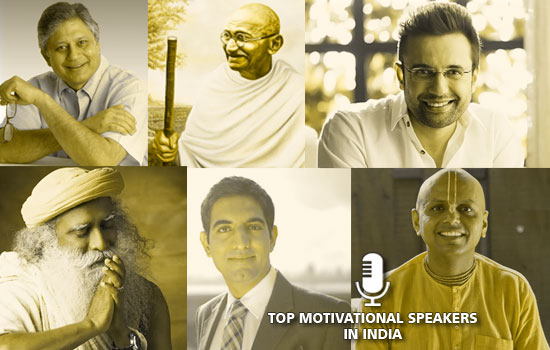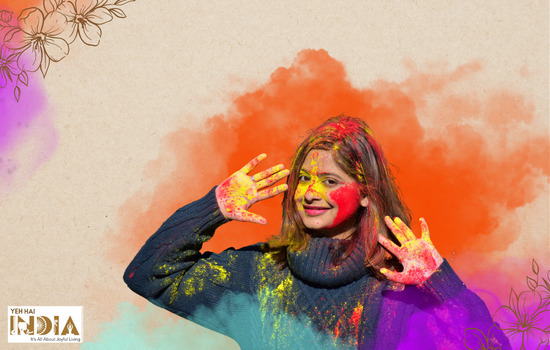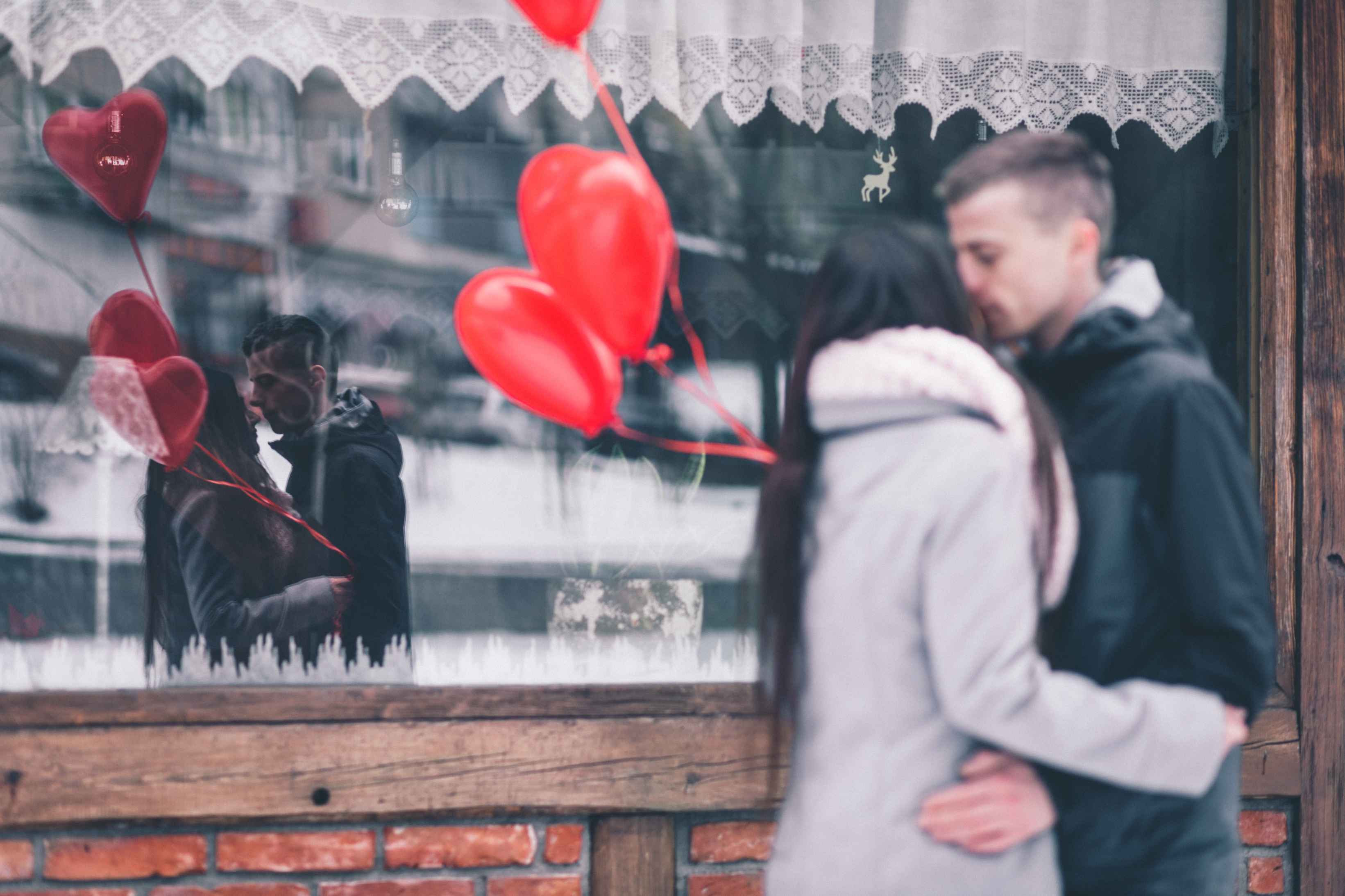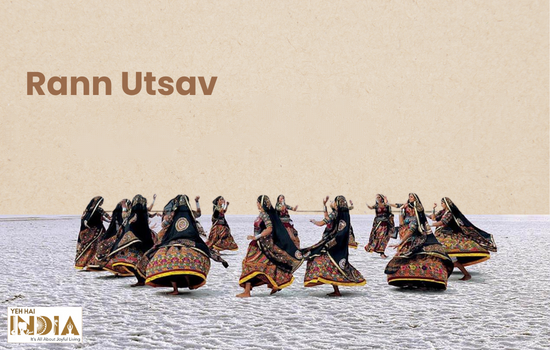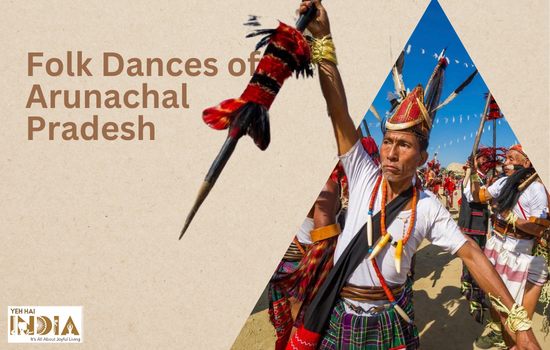“Esho hey Baisakh esho esho…” goes a popular Bengali song written by Rabindranath Tagore, the Nobel laureate Bengali Poet and writer of our national anthem.
The song literally translates to “Come Baisakh come” which is an ode to Bengali New year.
The first month of the Bengali calendar is Baisakh and Bengalis all over the world welcome the new year with this song which prods Baisakh.
The first month of the year is auspicious to the Bengalis as it sets the tone for the rest of the year and also marks the time when their favourite poet, Rabindranath Tagore was born – on 25th of Baisakh.
Bengali New Year is known as ‘Poila Baisakh’ which literally translates to ” 1st of Baisakh’.
So, on the first month of Baisakh, also the first day of the New Year, Bengalis usher in all things good in life.
They truly believe in the proverb ” morning shows the day” and they start everything fresh on new year.
This includes wearing new clothes, gorging on some exquisite Bengali delicacies, shopping in their favourite shops, studying the books they love, singing, dancing etc.
In essence, it’s that time of the year where you start a new journey.
Bengalis believe that how you spend your Poila Baisakh determines how you spend your whole year. Kind of like our modern day, ‘New Year, New Me’ mantra.
So let’s checkout what goes into making Poila Baisakh, the Bengali New Year which falls in the middle of April (between 13-15th April) every year.
Recommended Story – VISHU – Kerala New Year
History of Poila Baisakh-

Before we begin, let’s first get to its roots.
The Bengali New Year traces its roots back to the Mughal Era when the tax collection was problematic because of the irregularity in the lunar calendar and the harvest of crops according to the solar cycle.
Due to this problem, the Mughal Emperor, Akbar asked to combine the Hindu calendar and the Muslim lunar calendar to formulate a harvest calendar or fosholi shon.
This harvest calendar started around 14-15 April and turned into the Bengali calendar. The Bengali year is known as ‘Bangabad’.
This 15th of April will mark the beginning of the 1428th year of the Bengali calendar.
The formula for calculating it goes like this –
Islamic year of Akbar’s crowning (963) + current Gregorian solar year (2021) – Gregorian solar year of Akbar’s crowning (1556)
So, 963+2021- 1556 = 1428
This year is 1428
Celebrations of Poila Baisakh–

Poila Baisakh marks the occasion for a fresh beginning. It’s time to let bygones be bygones and start the day on a sweet note.
Morning –

So, what the Bengalis do, first in the morning in Poila Baisakh is take a bath and deck up in new clothes and do a little puja at home.
Sweets are offered to the Gods and Goddesses in this Puja.
After this, they touch the feet of their elders and seek their blessings.
The house is already decked up with new curtains, linens, bedsheet and bed covers etc. Everything is fresh and new.
What’s Bengali New Year without Prabhat Feri or early morning processions where you do the rounds of the neighborhood singing “esho hey Baisakh esho esho”, welcoming the first day of the first month of the year.
And when all this is done, it’s time to begin the festival in its true spirit – time for food, adda and masti.
Bengalis of course can’t do without their favourite breakfast, specially in Poila Baisakh.
So in comes the luchi or Puri and Aloor Dum (Bengali version of dum aloo) along with Jalebi, Rabri, and Sondesh or any other kind of Bengali sweets you like.
Afternoon –
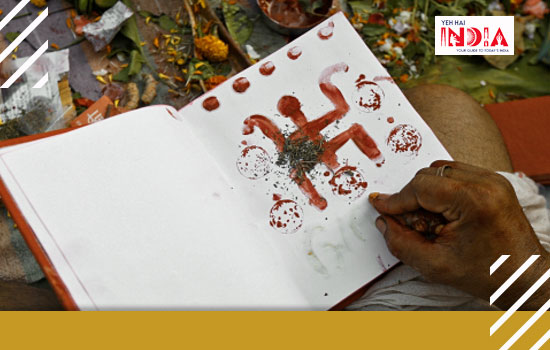
It’s also the time for Bengali businessmen and shopkeepers to open their ledger for the new year.
This is done on a traditional red notebook called “halkhata” where all the hisaab kitaab starts.
Bengalis will mark the day by visiting their favourite jewellery shop and buying something in gold.
It’s considered auspicious to start the new year by purchasing something in gold even if it’s just a small token of gratitude. It’s bringing Lakshmi to your house to ensure a prosperous year.
Next in line is meeting your favourite people, friends, and family and visiting new places with them.
Bengalis love to travel and they are not missing out on it on new year. So, they head out and explore places even if it’s a lake or an amusement park nearby.
The Gala Lunch –
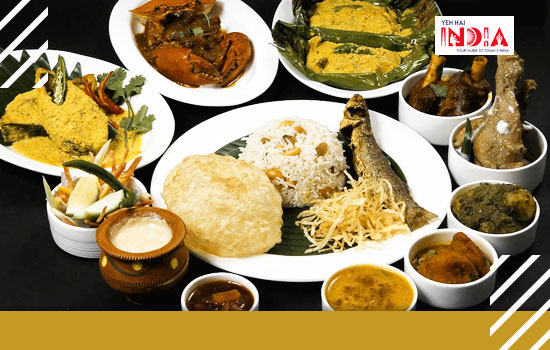
The day doesn’t go without a grand feast.
Wherever they are, Bengalis on this day will have a gala lunch which comprises a grand Bengali thali of rice, dal , 2-3 different kinds of fries like begun bhaja (fried brinjal), aloo bhaja ( thinly sliced fried potatoes), kumro bhaja (fried pumpkin slices), posto bora (poppy seed fritters), 2-3 vegetable curries like the iconic shukto ( a bittersweet curry of unripe banana and other vegetables), potol er dorma (a parmal dish), aloo posto (potato poppy seeds curry); along with numerous fish and mutton delicacies like chingri malaikari ( jumbo prawn dish), shorshe ilish (hilda cooked in mustard), mutton kosha (a typical Bengali mutton curry)
The meal ends with a sweet and sour chutney made with mango, pineapple or a simple tomato one, followed by papad and dessert like mishti doi and payesh.
So, when you are done with all the food and adda you take a deep nap.
With all that food and those catching up and intellectual debates you need sound sleep after all.
Evening –

As you wake-up at dusk and enjoy the first sunset, you gear up for the cultural program.
This is the time when the young and old and everyone in the family will gather to sing and dance. This includes folk songs, Tagore songs and other kinds of Bengali songs.
This isn’t a family affair alone. Like the Durga puja, this has also turned into a public event, where the whole locality gathers together to celebrate with song, dance and music over some nice cup of tea and delightful singara (samosa) and chops (pakora).
During this time, other people often join in to experience the fun and celebrations and are treated with delicious Bengali sweets and cultural events.
Now, that you know how to celebrate the new year with fun, frolic and laughter, what’s stopping you?
Drop by at your Bengali friend’s place greeting Subho Noborsho (Happy New Year in Bengali) and enjoy the festival with a hearty meal!
The new year’s on 15th April! Subho Noborsho!
Recommended Story – The Hindu New Year




